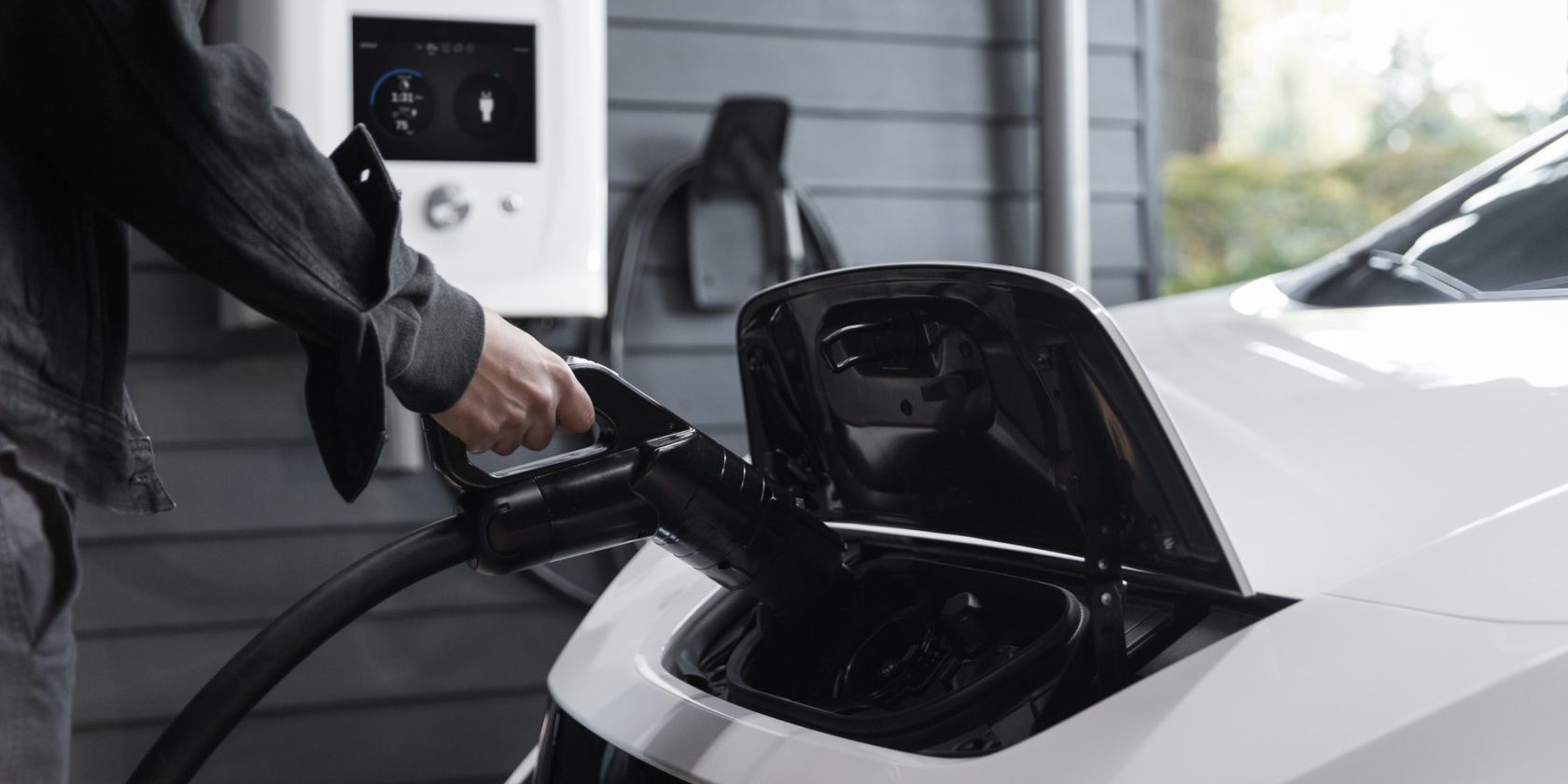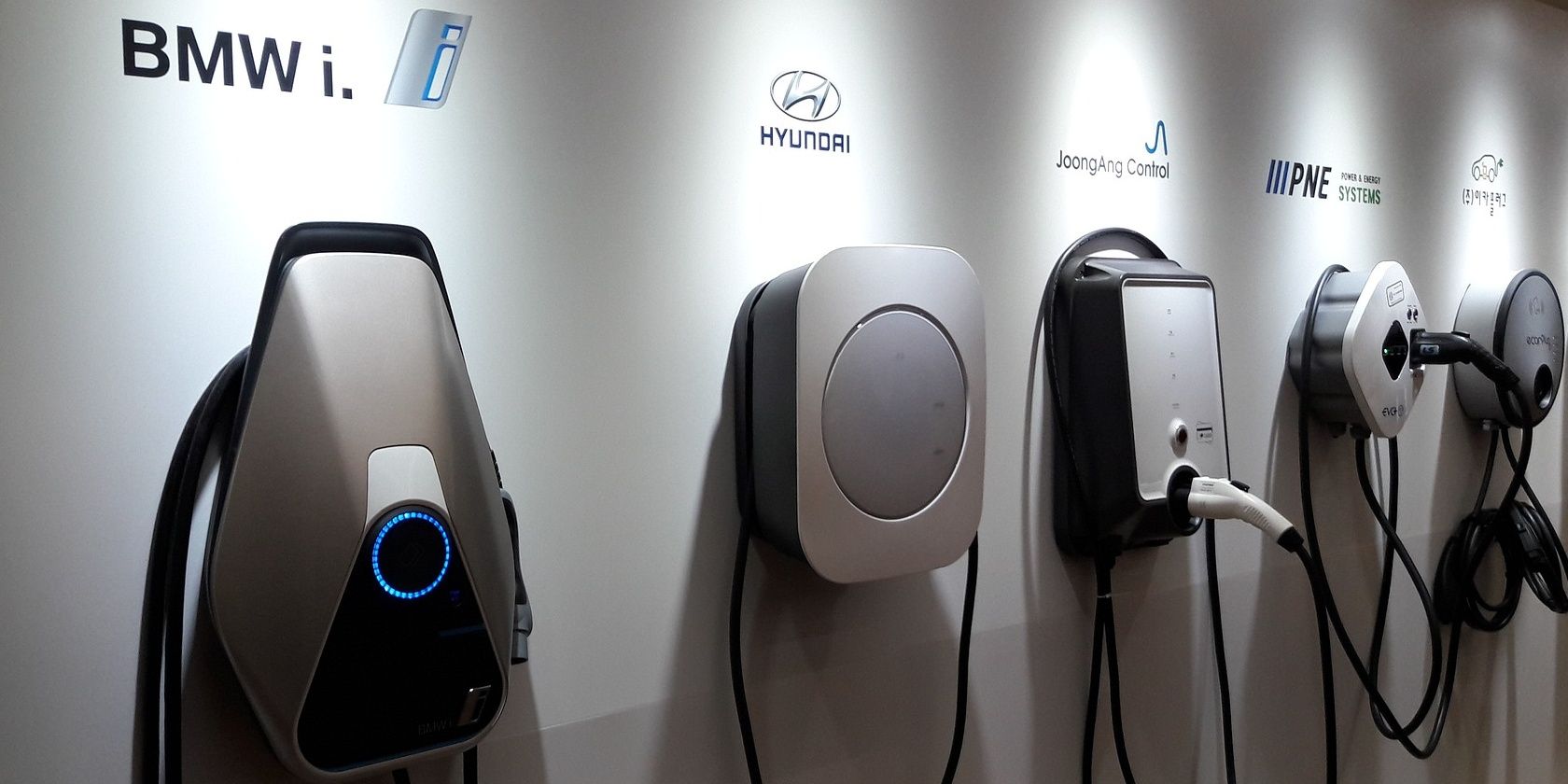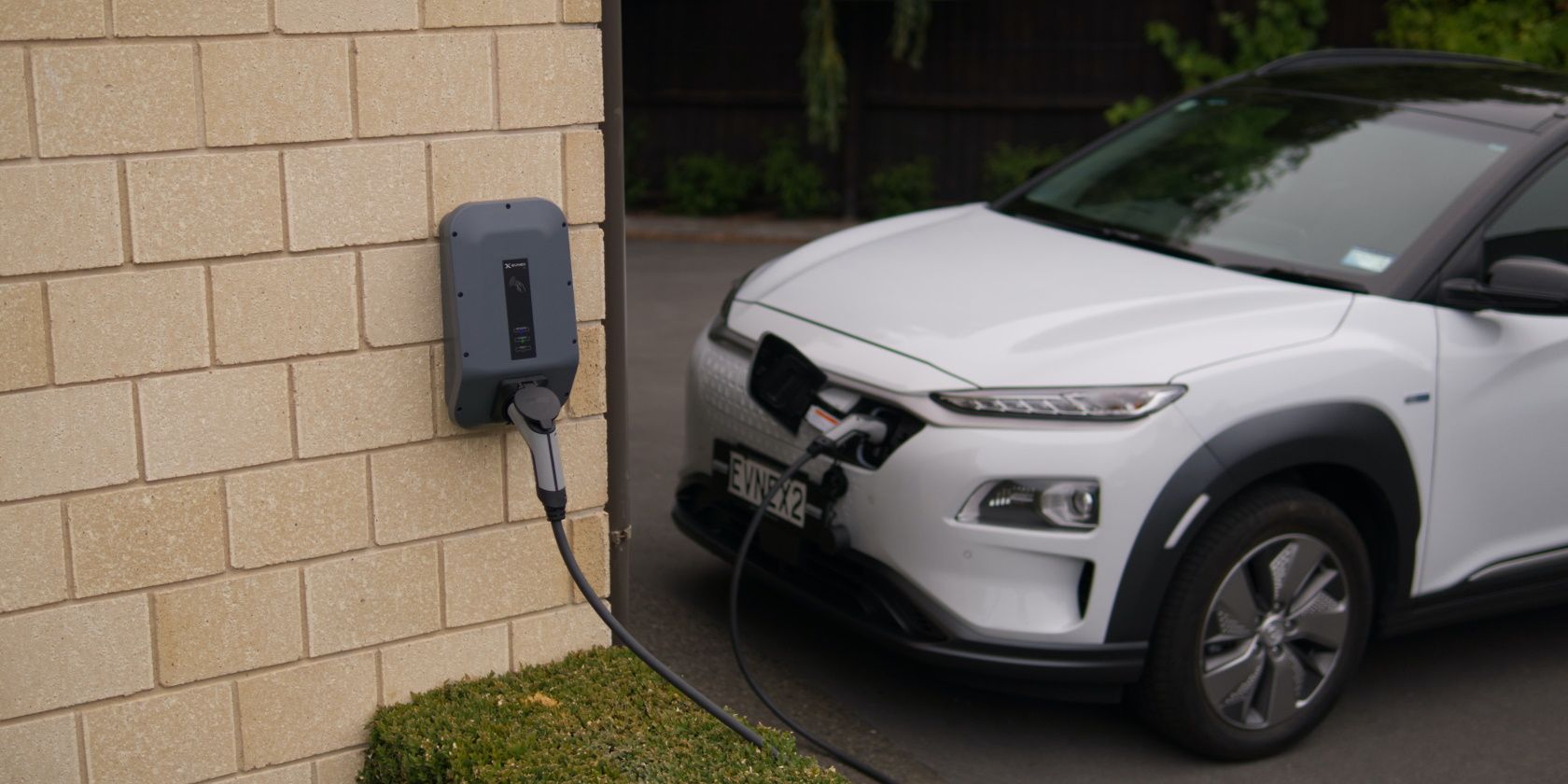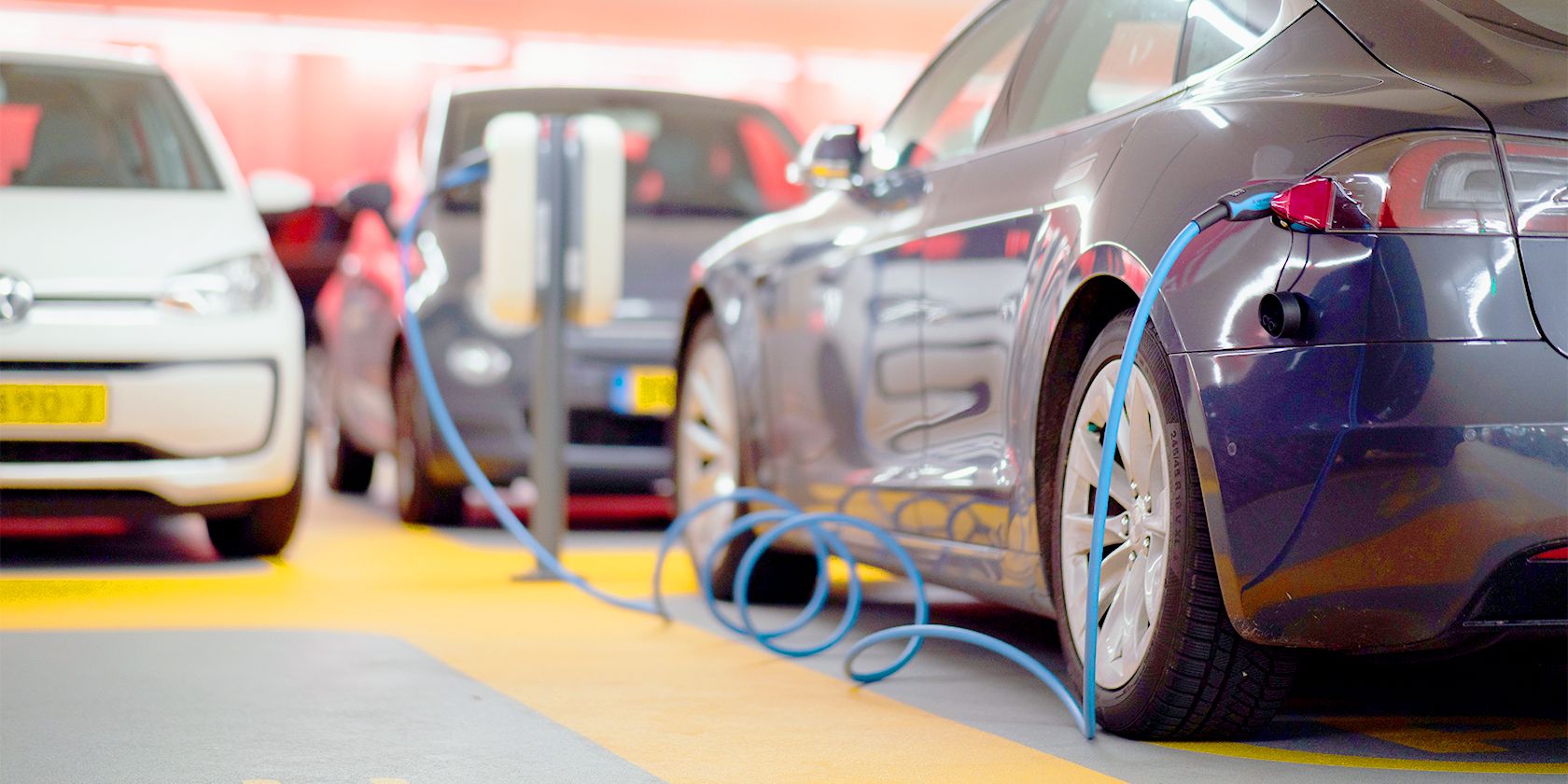Electric cars are becoming more and more popular as people become increasingly aware of their benefits. One of the best things about electric vehicles is being able to charge them at home using an electric car battery charger.
Here, we'll explain how electric car battery chargers work so that you can understand how to use yours safely and effectively.
What Are Electric Car Battery Chargers?
An electric car battery charger is a device that charges the batteries of electric cars. The charger is connected to the electric car's battery and draws power from the electricity grid to charge the battery. There are different types of chargers, but all work in essentially the same way.
How Do Electric Car Battery Chargers Work?
Electric car battery chargers work using a process called induction charging. This is where an electromagnetic field is used to transfer energy between two coils of wire. One coil is connected to the power source, and the other is connected to the battery. The charger creates a magnetic field around the coils, which induces a current in them. This current then flows into the battery, charging your electric vehicle.
The charger has two main components:
- Control unit: This controls the flow of electricity into the charger and regulates the charging process.
- Power supply: This provides the electricity used to charge the batteries.
The power supply is connected to the control unit, which regulates the flow of electricity into the charger. The power supply provides a current to the charger, which flows through the coils and into the battery.
When you plug your electric car into a charging point, the power flows from the grid through the charging point and into your car's battery. The charging point contains a control unit, which regulates the flow of electricity into your car's battery.
The control unit ensures that the batteries are charged safely and effectively and that the charger does not overheat. It also monitors the status of the batteries and can provide information to you about how much charge they have.
What Are the Different Methods of Charging an Electric Vehicle?
Electric vehicles utilize the electricity from their batteries to function. Fortunately, you can charge these batteries in several ways:
- You can plug the electric vehicle into a standard household outlet. This is the slowest charging method, and it may take eight hours or more to charge the vehicle fully.
- You can install a dedicated charger to charge the electric vehicle faster than a typical household outlet. You'll still need roughly four to six hours to charge it fully.
- You can use a public charging station to charge the electric vehicle much faster than a dedicated charger. Your car's batteries may only take 30 minutes to an hour to go from 0 to 100%.
Home vs. Public Charging: Which Is Better?
Electric vehicle batteries can be charged in two main ways: at home or at public charging stations. Both have their pros and cons, so it's essential to understand the differences before spending money on a dedicated charger.
Home chargers are typically cheaper and more convenient, but public chargers offer a faster charge. In terms of cost, home chargers can range from $300 to $1,200, while public chargers can cost anywhere from $2 to $5 per hour.
In terms of convenience, you can plug in your home charger and charge your car overnight while it's in the garage. On the other hand, public chargers require planning and may not be available when needed. But when it comes to charging speed, public chargers can charge an electric vehicle much faster than a home charger.
So, which is best? It depends on your needs and preferences. A home charger is probably your best bet if you want the cheapest and most convenient option. However, a public charger would be better if you need a quick charge and don't mind paying more money.
How Often Should You Charge Your Electric Car?
Most electric car manufacturers recommend that you charge your car's battery every night. This ensures that the battery is always full and ready to go. However, some people may not have the time or ability to charge their car every night. In this case, it's important to understand how much range you need and how to maximize it.
If you only need to drive a short distance each day, you may be able to get by with charging your car once every few days. However, if you need to drive a long distance, you may need to charge your car more often.
One of the best ways to maximize your electric car's range is to charge it whenever you can. If you're going to be home for a few hours, plug it in and let it charge. If you're going to be out all day, find a public charger and top off your battery.
Tips for Keeping Your Electric Car Charger in Good Condition
Electric vehicles require some special care when it comes to charging the battery. Here are a few tips to help you keep your electric car battery charger in good condition:
- Always read the manufacturer's instructions before using the charger.
- Never leave the charger plugged in when not in use.
- Keep the charger clean and free of dirt and dust.
- Do not use the charger in damp conditions.
- If the charger is damaged, do not use it and contact the manufacturer for a replacement.
By following these tips, you can help ensure that your electric car battery charger doesn't run into issues and last for many years.
What to Do if Your Electric Car Charger Stops Working
If your electric car battery charger stops working, there are a few things you can do:
- Check the manufacturer's website for troubleshooting tips.
- Contact the manufacturer for customer support.
- Take the charger to a qualified technician for repairs.
- Replace the charger with a new one.
Understanding Electric Car Battery Chargers
Electric car battery chargers are essential for keeping your electric vehicle running. It's imperative to understand how they work and how to care for them properly to ensure they last for several years. And if you rely on public chargers, remind yourself to charge your electric car every chance you get.




